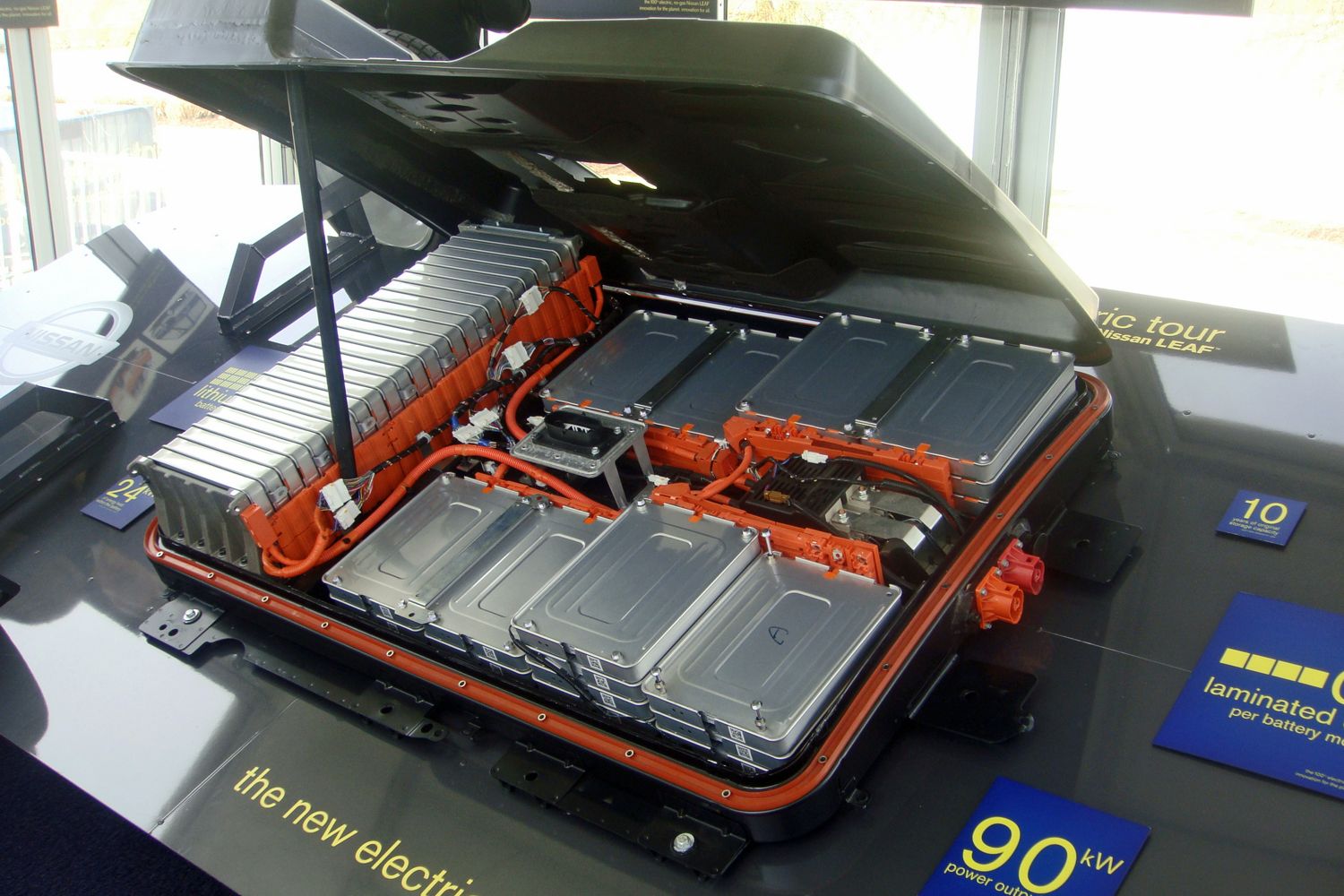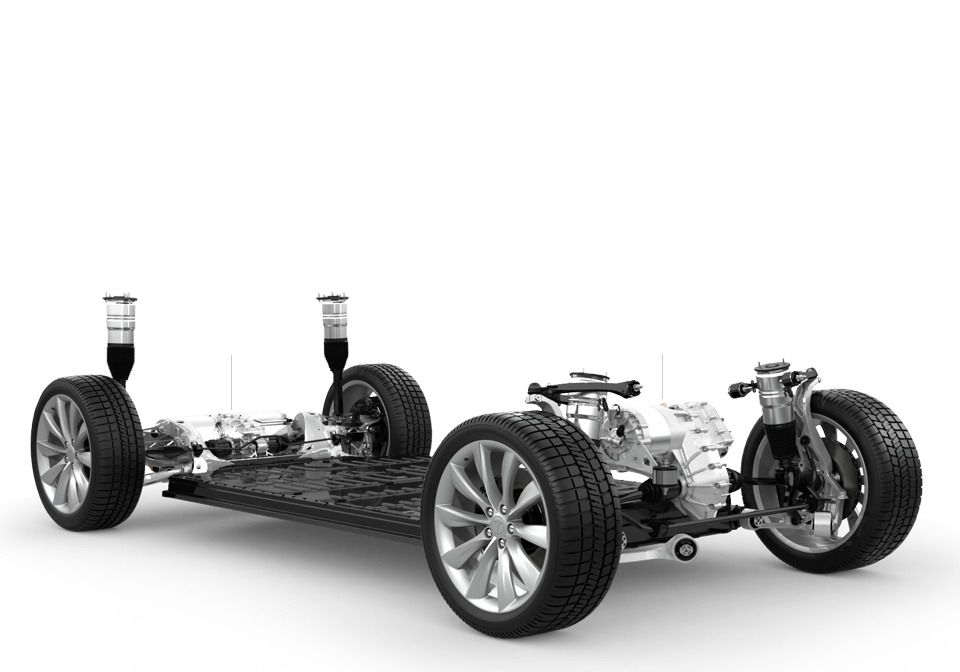At a time when automakers are focused on making electric cars more efficient and working towards eliminating range anxiety, Elon Musk is thinking on a whole different level. The electric czar is thinking about electric airplanes, something that could be viable in half-a-decade. Tesla’s battery research partner, Jeff Dahn, said that the new battery-cell technology offers a tremendous improvement in energy density and could enable ‘electrified urban aviation’.
Tesla’s Battery Research Team Is Making Great Strides
The rather vague “electrified urban aviation” terminology leaves a lot to the imagination. It needn’t necessarily be a reference to the commercial airplanes that do inter-city or inter-country flights. It could even mean electric flying taxis or eVTOL aircraft. eVTOL refers to electric vertical take-off and landing aircraft that will be used for air taxi services. Although eVOTL isn’t a very familiar term yet, there are many companies in the race to become the first air taxi carrier that could change the way urban commutes take place.
Final Thoughts
Jeff’s team has achieved ~360 Wh/kg energy density and volumetric energy density of 1000 Wh/L. Optimistically speaking, this could result in higher capacity eVTOL aircraft and even commercial electric planes in the near future. This is where Elon Musk’s claim of electric airplanes in the next five years comes into play. Musk has revealed in the past that he already has a design for eVOTL aircraft and it needs to achieve at least 400 Wh/kg energy density to become a feasible model. Now that the research team has already achieved 90-percent of this estimation, it won’t take very long to achieve figures sufficient to power electric aircraft.
Going at this rate, do you think long-distance commercial electric airplanes will be a reality within a decade? Share your thoughts with us in the comments section below.


